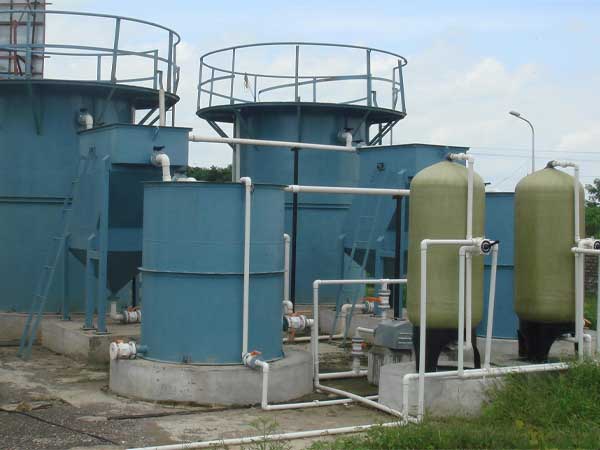- ISO 9001:2015 Certified Company
STP Plants

Sewage Treatment Plants (STP) are essential infrastructure for managing and treating wastewater generated by residential, commercial, and industrial activities. These plants play a crucial role in maintaining environmental health by efficiently treating sewage before discharging it back into water bodies or reusing it for various purposes. STP plants are designed to remove contaminants, bacteria, and harmful pollutants from sewage, ensuring clean water that meets regulatory standards and is safe for consumption or disposal.
An STP plant typically works in several stages, including primary, secondary, and tertiary treatment. The primary treatment involves the removal of solid waste and debris through physical processes like screening and sedimentation. In the secondary treatment stage, biological processes, such as activated sludge or biofilm systems, break down organic matter and nutrients. Tertiary treatment further refines the water through filtration, disinfection, or advanced oxidation processes to ensure the treated water is of high quality and safe for reuse.
Our STP plants are designed to handle a wide range of wastewater loads, from small residential areas to large industrial complexes. With a focus on energy efficiency and sustainability, our STP solutions are equipped with modern technologies that minimize chemical usage, reduce energy consumption, and ensure consistent performance. These plants are built to be low-maintenance, durable, and easy to operate, offering long-term solutions to wastewater treatment challenges.
